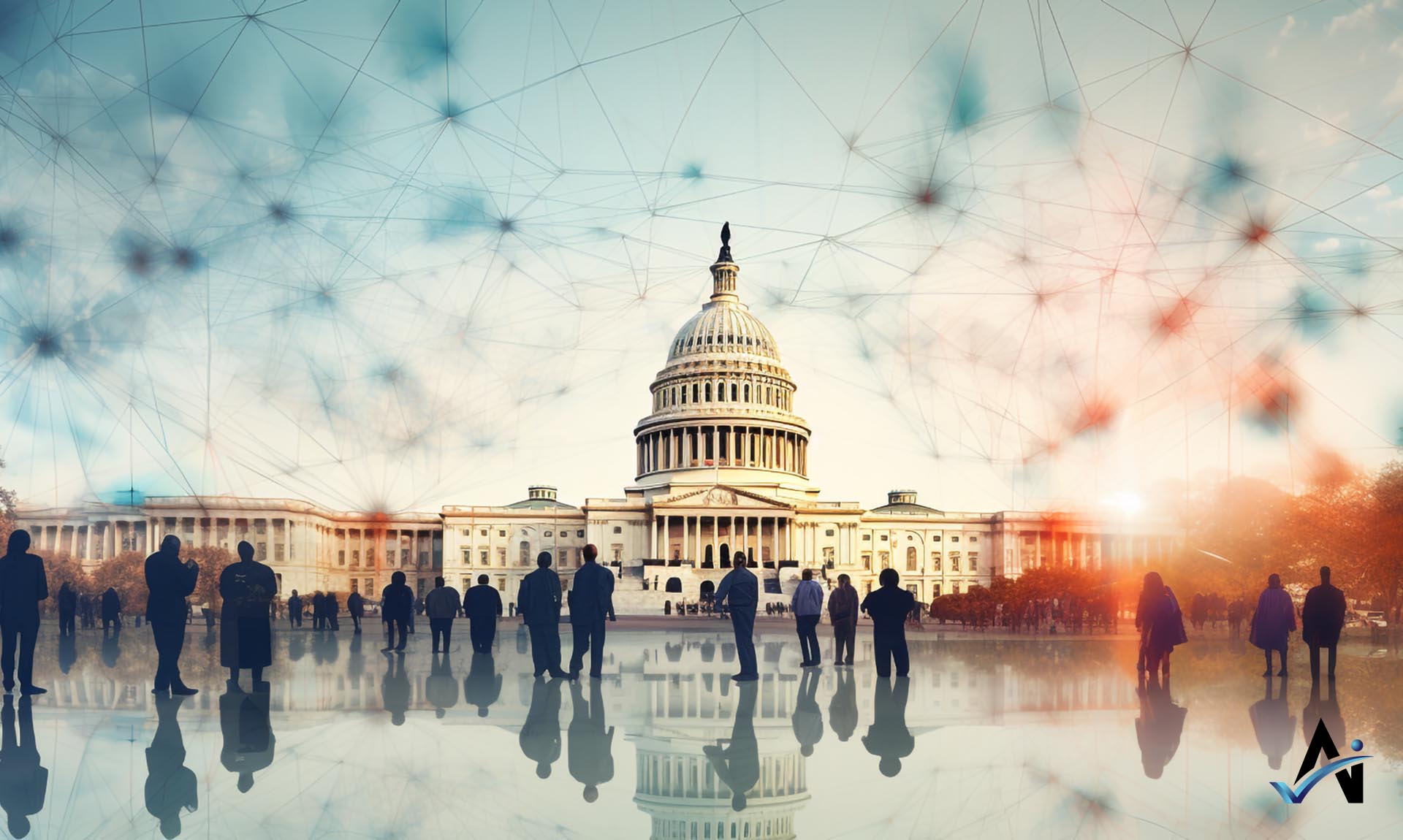AI-Assisted Code Generation: Changing the Way Developers Understand Code
At the forefront of this AI revolution is the development of sophisticated AI algorithms capable of writing, reviewing, and refining code. These AI systems, trained on vast datasets of programming languages and code examples, are now able to assist developers in creating efficient, error-free code. The implications of this technology are profound, signaling a significant shift in the role of software developers and the speed of software development.
One of the key benefits of AI-assisted coding is the dramatic increase in productivity it offers. Traditional coding can be a time-intensive and error-prone process. AI systems, with their ability to generate code quickly and accurately, reduce the time spent on coding and debugging. This efficiency is particularly valuable in a corporate environment where speed to market can be a critical competitive advantage.
However, AI-assisted code generation also presents challenges, particularly in terms of its impact on the workforce. As AI takes over more of the routine aspects of coding, there is a potential risk of job displacement. Software developers may find the nature of their work shifting, requiring them to adapt to a landscape where AI is a collaborator rather than a tool. This transition could necessitate significant upskilling and training for existing tech professionals.
Despite these concerns, AI-assisted coding is also democratizing software development. By automating complex aspects of coding, it lowers the barrier to entry, allowing individuals with less technical expertise to build software. This democratization could spur a wave of innovation, as more people are able to bring their ideas to life through software. It’s a shift that could have wide-ranging implications for tech entrepreneurship and innovation.
For the tech industry, AI-assisted code generation is also redefining the nature of software development and deployment. It’s paving the way for more agile development practices, where the focus can shift from writing basic code to solving higher-level problems and creating more sophisticated, user-centric software solutions. This could lead to faster development cycles and more responsive software design.
On the economic front, AI-assisted coding is likely to drive cost savings for businesses by reducing the time and resources needed for software development. This efficiency could translate into lower operational costs and increased profitability, particularly for tech companies and businesses heavily reliant on custom software solutions.
The advent of AI-assisted code generation is not without its ethical and practical concerns. Questions arise about the reliability and security of code generated by AI, especially for critical applications. There’s a need for oversight and quality assurance mechanisms to ensure that AI-generated code meets industry standards and is free from vulnerabilities.
AI-assisted code generation represents a significant technological advancement with the potential to reshape the landscape of software development. While it brings efficiency and democratization, it also challenges existing paradigms in the tech workforce and raises questions about quality control and job displacement. As this technology continues to evolve, it will be crucial for businesses, developers, and policymakers to navigate these changes thoughtfully, ensuring that the benefits of AI in software development are maximized while mitigating potential risks.
latest video
Get Our Newsletter
Never miss an insight!






